Reviewed by Julianne Ngirngir
Your Google Maps just got a lot more pushy about knowing where your friends are—and that's exactly what Google was hoping for.
What you need to know:
Google is building live location sharing into both Messages and Find My Device apps
New features make it easier than ever to pester friends into sharing their locations
This follows a broader trend where 88% of Gen Z already uses location-sharing apps regularly
Think about it: when was the last time someone asked you to share your location and you said no without feeling a little awkward? Google's banking on that social pressure, and frankly, it's working. With Life360 exploding to 54 million monthly users—a 29% jump in just one year—location sharing has stopped being optional and started being expected. The question isn't whether you'll eventually share your location—it's whether you'll notice when Google makes opting out the socially awkward choice.
What's actually changing in your Google apps
Here's where things get interesting: Google isn't just adding location sharing—they're architecting social pressure into the interface itself. Google Maps already dominates with 68% market share compared to other navigation apps, but now they're weaving location sharing deeper into the Android ecosystem where you can't avoid it. The latest Messages beta reveals Google is working on live location sharing that'll let you track contacts in real-time through the app you probably use for texting every day.
PRO TIP: Google's Find My Device app now allows live location sharing with "trusted contacts" for custom durations—but those "regular reminders about people you're sharing with" basically amount to gentle nagging to keep sharing turned on.
Google's genius lies in making these features feel unavoidable through strategic placement. When location sharing becomes embedded in your messaging app—not just a standalone feature—declining starts looking antisocial. The company has learned from 91% of parents with phone-equipped kids who actively use location sharing, and one in five parents who make location sharing the very first app they download. Google's betting that when location sharing becomes this normalized, integration into core communication tools will make refusal feel like a rejection of the relationship itself.
The psychology behind "just share it already"
Sound familiar? That moment when someone asks for your location and suddenly you're the paranoid one for hesitating? Research shows that among Gen Z users, temporary location sharing has become a social signal. As one 22-year-old explained to Vox: "If the person only shares their location with you for [an hour], it's definitely, like, a signal. You're like, 'Oh, are we not good enough friends for you to permanently share your location with me?'"
This psychological shift creates exactly the conditions Google needs for widespread adoption. When 50% of people now value location sharing in their relationships, and 42% consider tracking their partner "extremely important", we've moved past technology into relationship dynamics. Google doesn't need to convince you location sharing is useful—they just need to make not sharing feel like a trust issue.
The scary part? Studies reveal that young people who grew up with apps like Life360 are "extremely relaxed about digital privacy issues." Louise Barkhuus, a Columbia University professor studying this phenomenon, found that college students treat location sharing like a friendship litmus test. This normalization gives Google a massive advantage: they're not fighting privacy concerns—they're inheriting a generation that sees constant surveillance as proof of caring.
Why Google's timing is perfect (for Google)
Let's be blunt: Google didn't stumble into this moment. The company that once tracked users even when they'd logged out (costing them $392 million in settlements) understands the value of location data better than anyone. But instead of fighting privacy advocates, they're leveraging the psychological acceptance that Life360 has already established and connecting it to the technical convenience that only Google's ecosystem can deliver.
Consider the infrastructure Google's quietly building: Google's Find My Device network now crowdsources device locations by relaying encrypted signals through supported Android phones and tablets. They've made privacy improvements that even Apple hasn't matched yet, including requiring multiple nearby devices before relaying location data and blocking tracking from your home address.
Life360's success taught Google that parents will drive adoption when safety concerns override privacy fears. But Google's approach is smarter: instead of marketing surveillance as safety, they're making location sharing a byproduct of improved communication and convenience. The new Google Location Sharing page will consolidate all active location shares into one place, giving users the illusion of control while the social pressure to keep sharing grows stronger with each integrated app.
What this means for your digital life going forward
Here's the reality check: Nearly 80% of people now have location sharing activated on their phones, and Google's positioned to benefit from every social interaction that makes the remaining 20% feel left out. When 70% of Gen Z women believe their physical well-being benefits from location sharing, and 87% use it for roadside assistance peace of mind, the safety argument provides perfect cover for expanding data collection.
The compound effect is what makes Google's strategy brilliant: technical convenience + social pressure + safety benefits creates a perfect storm for adoption. The same technology that helped one woman's roommate find her during anaphylactic shock also enables the surveillance that privacy researcher Katina Michael calls "God knowledge"—sacred information about human behavior that becomes increasingly valuable as it becomes increasingly normalized.
Google's long-term play isn't just about collecting your location data—it's about creating a social ecosystem where not sharing becomes the exception rather than the rule. As interface design exploits psychological pressure and network effects multiply social expectations, we're heading toward a future where location privacy isn't just technically challenging—it's socially ostracizing.
Don't Miss: Want to maintain some privacy boundaries? Check your location permissions regularly, and remember that you can still stop sharing without notifications if you need to reclaim some digital breathing room.




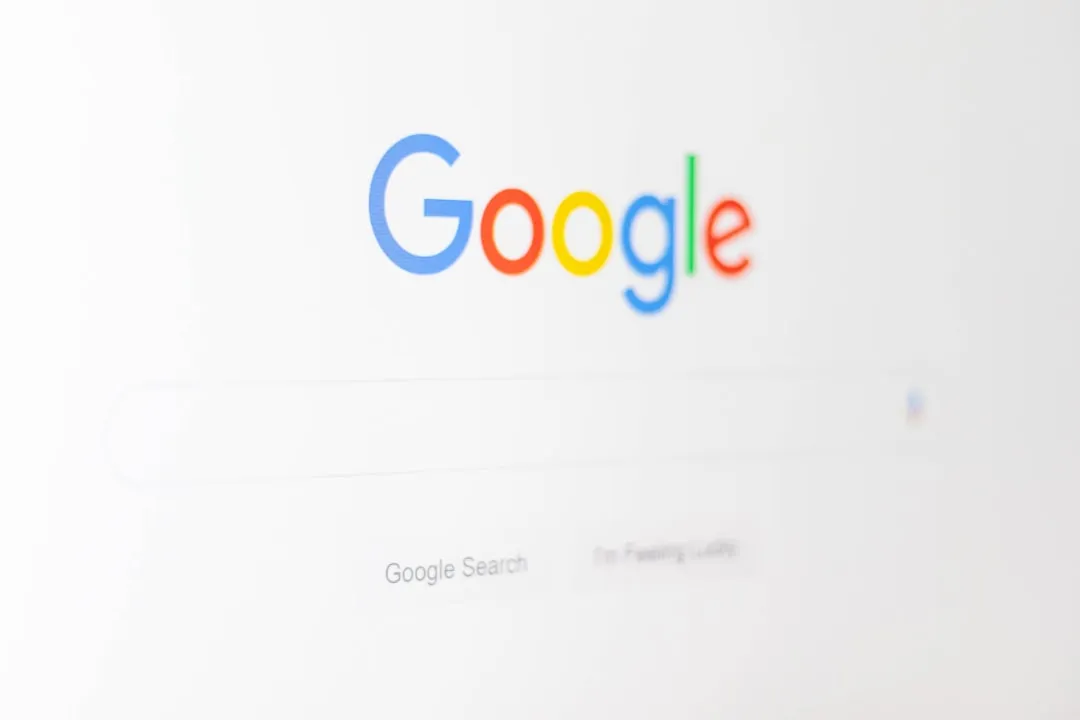



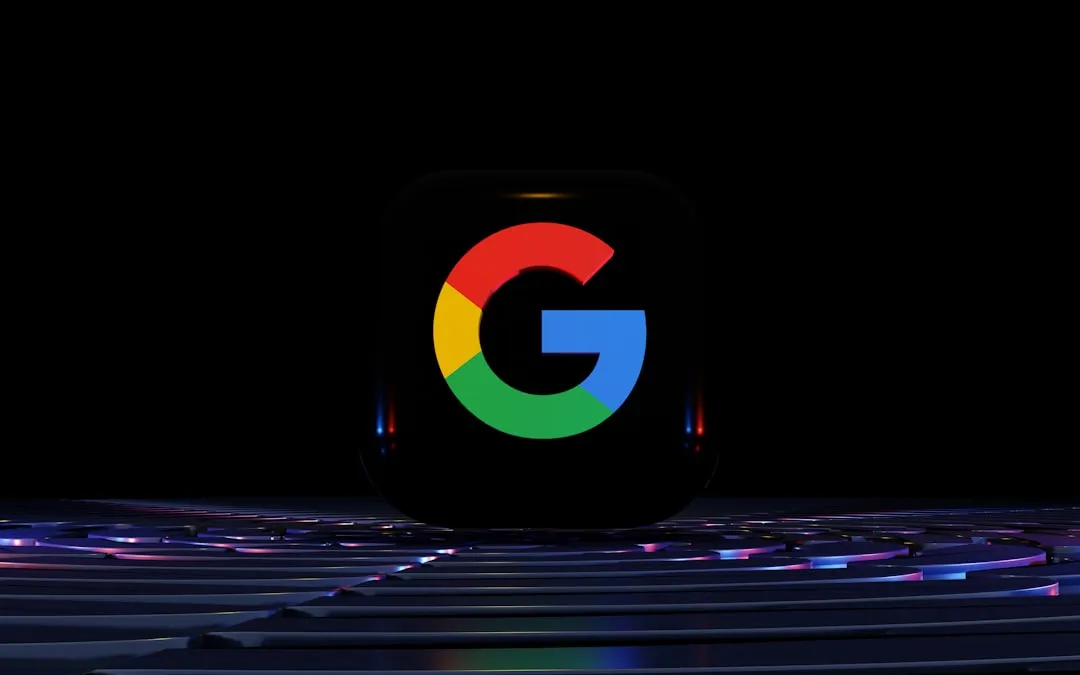
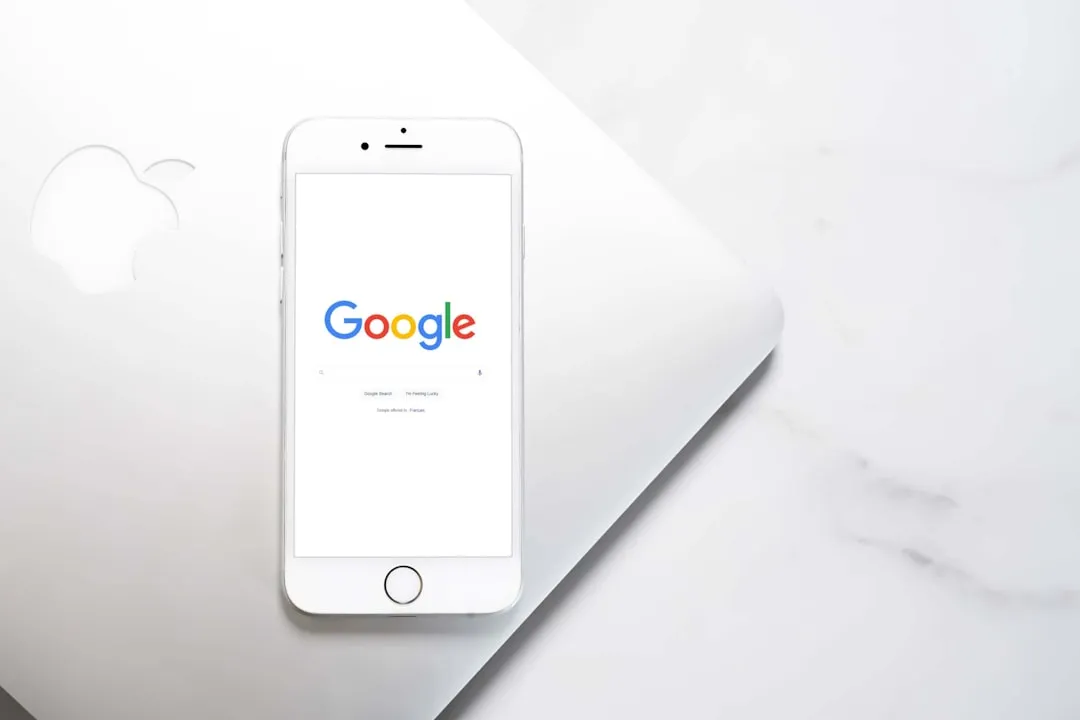



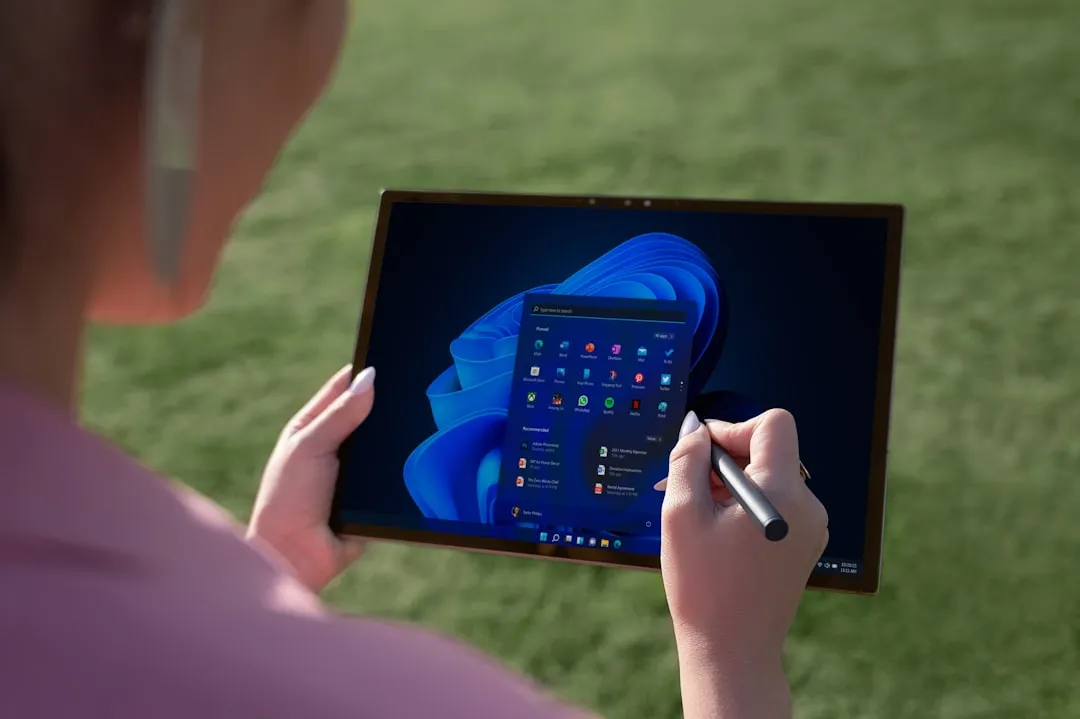
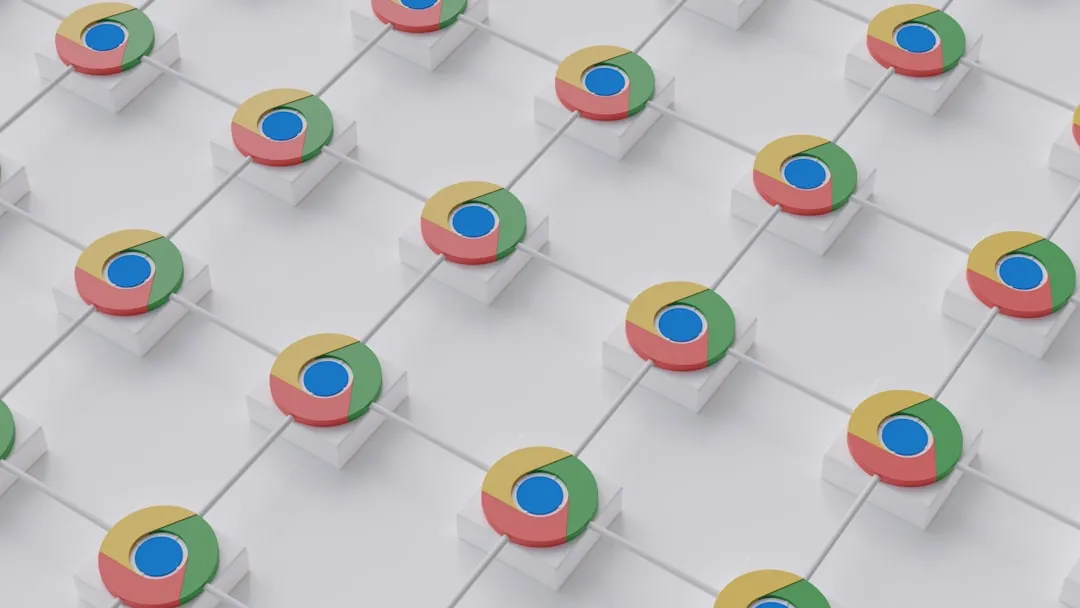
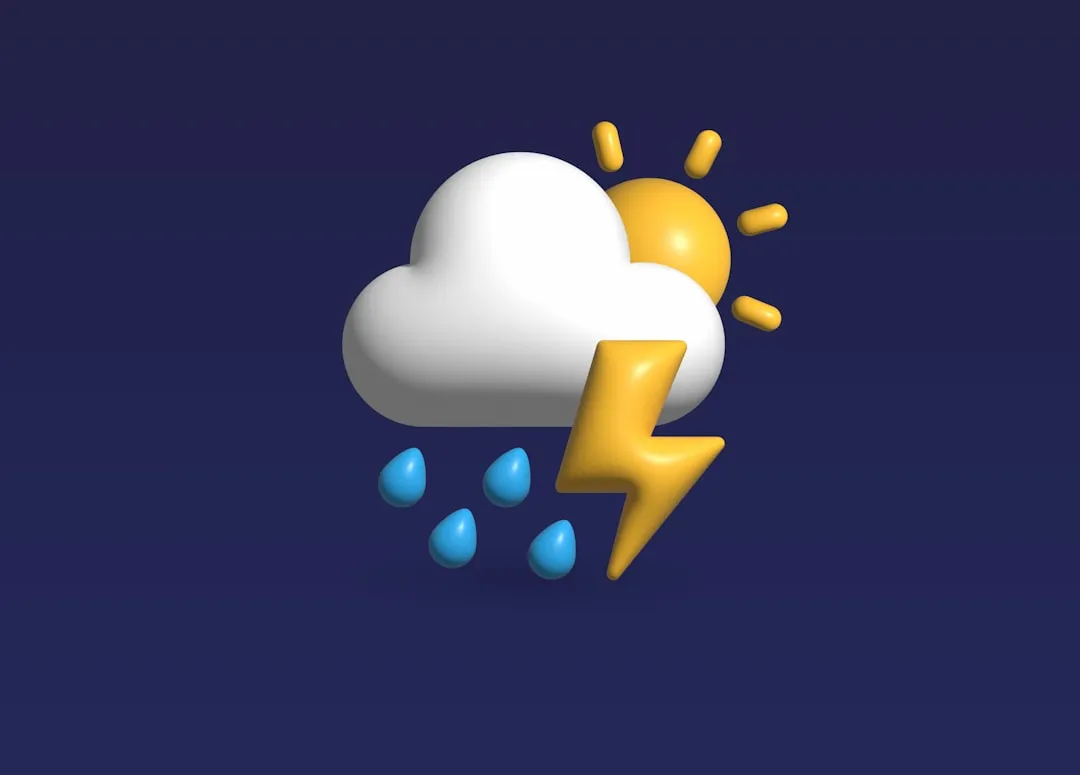
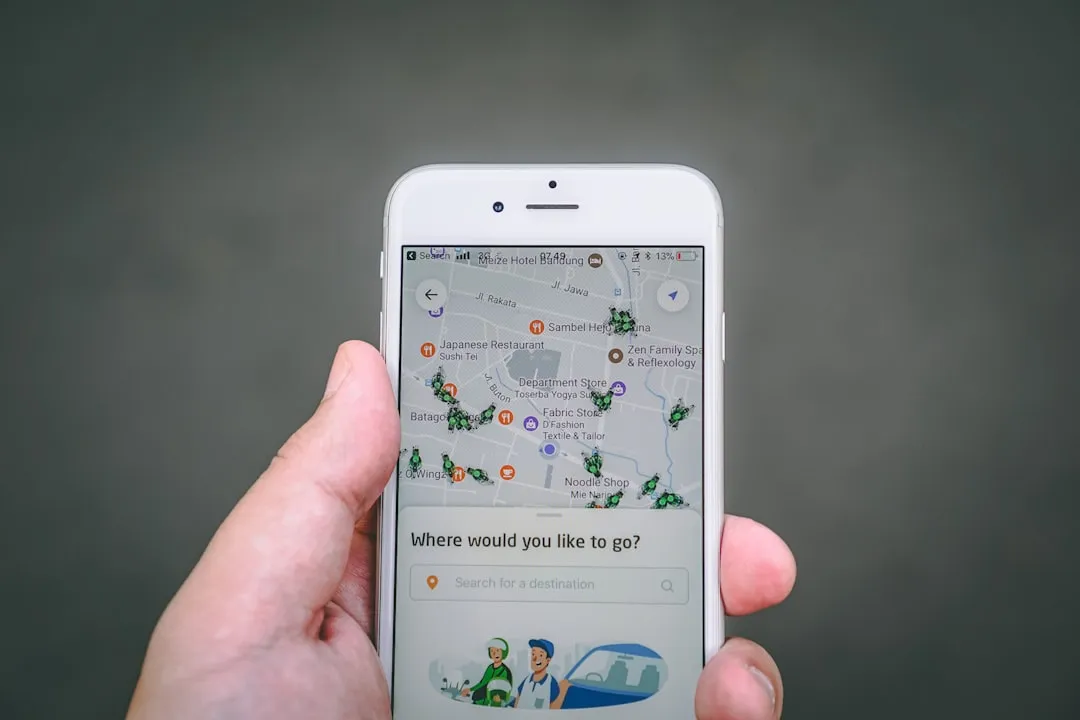



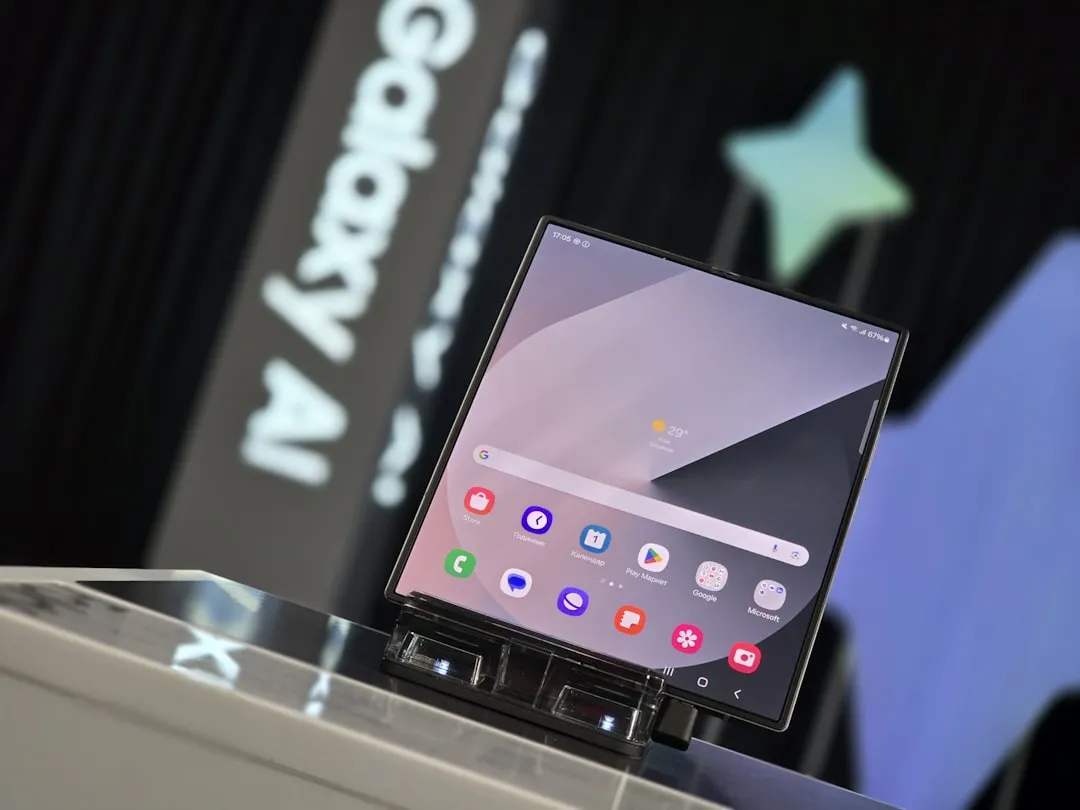


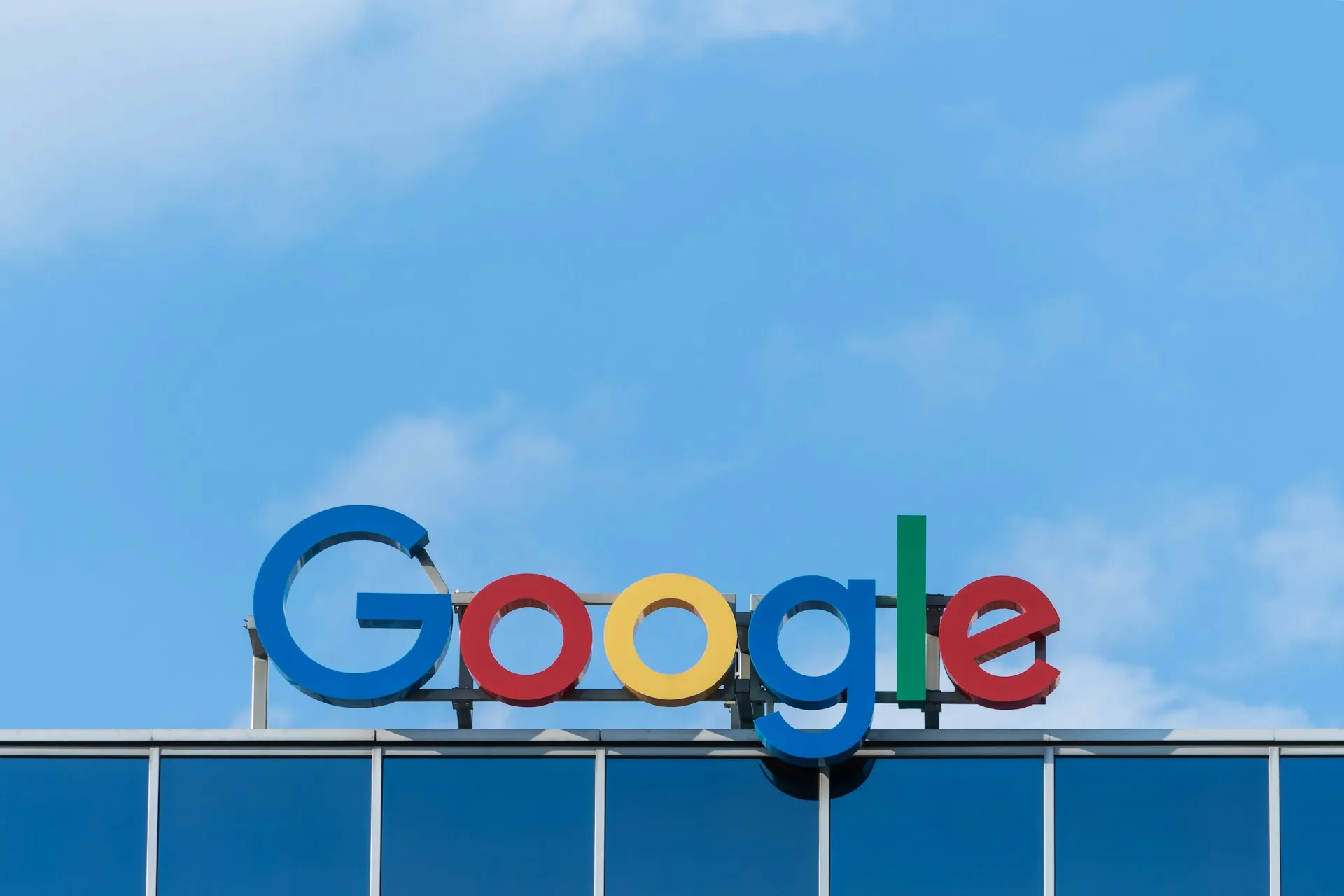
Comments
Be the first, drop a comment!